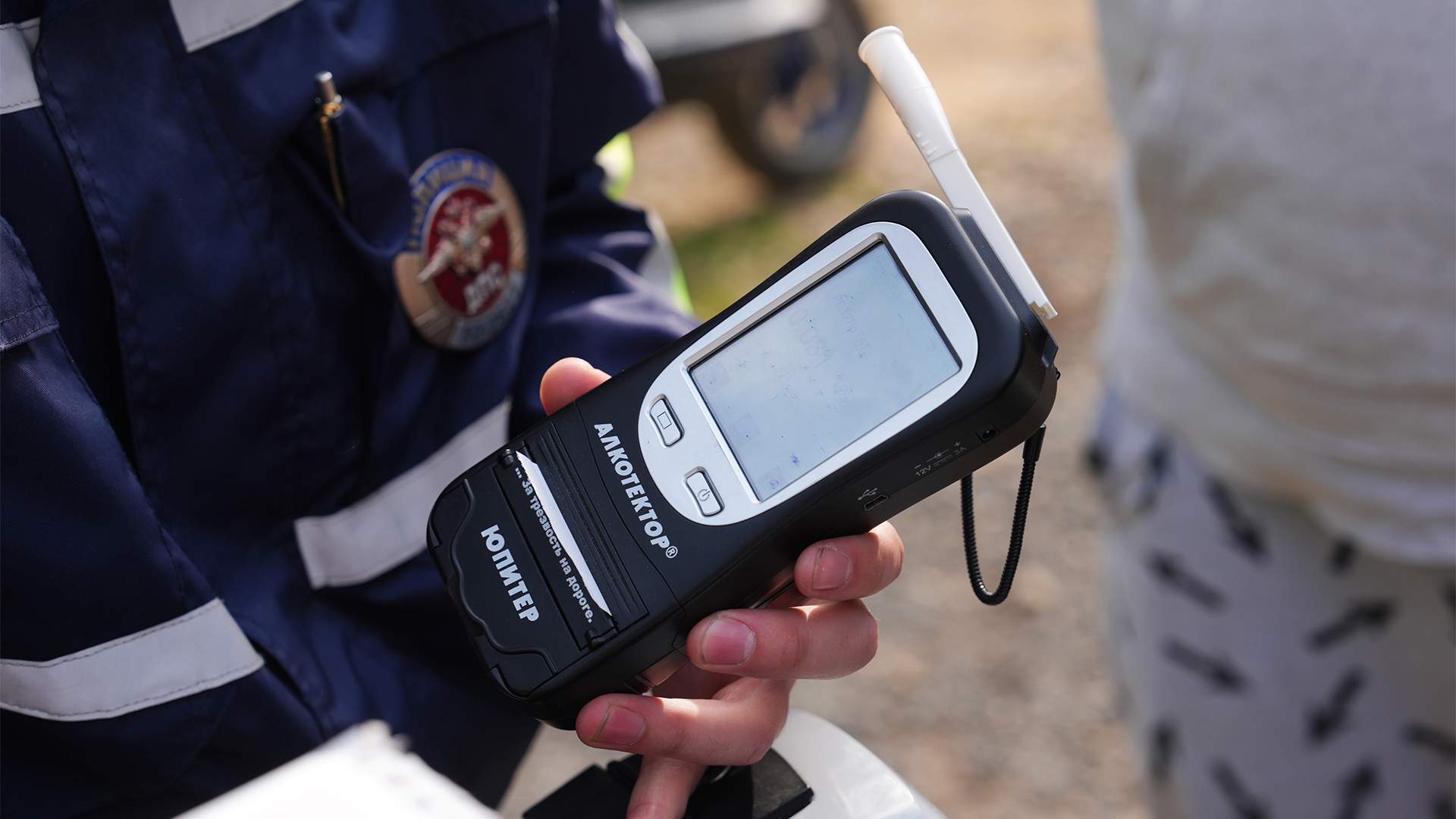Paternal law: the court commuted the punishment for the culprit of the fatal accident

Exceptional circumstances of a crime may be grounds for commutation of punishment. This is the conclusion reached by the Supreme Court of the Russian Federation, replacing the actual term of imprisonment with a suspended one for the driver who caused the accident in which his close relative died. Lawyers and experts consider this decision of the judges to be fair and consistent with the principles of humanism. Details can be found in the Izvestia article.
The culprit and the victim
In the autumn of 2023, a drunk driver in the Irkutsk region committed an accident in which his father died. In April 2024, the court of first instance found the motorist guilty of committing a crime under paragraph "a" of Part 4 of Article 264 of the Criminal Code of the Russian Federation "Violation of traffic rules and operation of vehicles", sentencing him to imprisonment for five years and one month. However, in June of the same year, the Irkutsk Regional Court, as part of an appeal, changed the verdict, sentencing him to imprisonment in a penal colony for the same period. In October 2024, the Eighth Court of Cassation of General Jurisdiction upheld the verdict.
The widow of the deceased, who disagreed with the verdict (she is also the convict's mother), filed a complaint with the Supreme Court of the Russian Federation (SC RF), in which she asked to review the decisions of lower authorities.
In fairness
After reviewing the case materials, the Judicial Board for Criminal Cases of the Supreme Court of the Russian Federation concluded that the lower authorities had committed "significant violations of the criminal and criminal procedure laws that affected the outcome of the case." The court noted that, according to Article 6 of the Criminal Code of the Russian Federation "The principle of justice", punishment must be fair, that is, "correspond to the nature and degree of public danger of the crime, the circumstances of its commission and the identity of the perpetrator." He stressed that this requirement of the law was taken into account when passing sentence by the court of first instance. During the further consideration of the case in the appeal and cassation, the courts did not provide arguments on which they considered it impossible to correct the convict without isolation from society, the Supreme Court noted.
"Taking into account the mitigating circumstances specified in the verdict (there are three minor children dependent on the culprit of the accident, two of whom are minors and in need of treatment. — Izvestia), as well as the specific circumstances of the crime committed <...>, the consequences of which were expressed in the death of a close relative, the judicial board finds it necessary to change the judicial decisions," the Supreme Court ruling says.
As a result, the Judicial Board for Criminal Cases of the Supreme Court of the Russian Federation reduced the punishment imposed on the driver by a month (to five years), at the same time replacing the real term with a suspended one and ordering his release from prison.
An act of humanitarianism
By assigning a suspended sentence to the convict, the court of first instance initially made a fair and balanced decision, carefully and comprehensively assessing all the circumstances of the case, Sergei Radko, a lawyer for the Freedom of Choice movement, told Izvestia. The Supreme Court only confirmed the legality and justice of this verdict, he noted.
— In this case, we are talking about exceptional circumstances: the driver, having got behind the wheel drunk, committed an accident that led to the death of his close relative. In fact, he has already punished himself. Obviously, in such a situation, his isolation from society is excessive," Sergei Radko believes.
He said that according to the established practice, in case of death of a person due to the fault of an intoxicated driver, the courts impose a much more severe punishment. Most often, in such cases, we are talking about seven to eight years in prison, the lawyer noted.
— Most likely, it was with this practice in mind that the appellate and cassation instances decided to replace the initially suspended sentence with a real one. These courts approached the case formally, without understanding all the circumstances of the incident and not taking into account that the culprit of the accident and the person who died in it were close relatives. The fact that the Supreme Court returned the original form of punishment is an act of humanism based on a thorough study and assessment of all the circumstances of the case," Sergei Radko believes.
Bloodlust is not necessary
The sentences handed down by the courts of appeal and cassation are excessive in this case, in some ways even "bloodthirsty," says Igor Morzharetto, a member of the presidium of the Public Council under the Ministry of Internal Affairs of the Russian Federation. They are caused by a persistent desire to "certainly put away" the culprit of the fatal accident, he noted.
— Of course, the perpetrators of "drunk" accidents should be severely punished and responsible for their actions to the fullest extent of the law. But in this case, a man who was stupidly left without a father has already been punished more severely than five or ten years behind bars," Igor Morzharetto emphasized.
The severity of the punishment should be commensurate with the real, and not determined by formal criteria, the level of public danger posed by a person who has violated the law, the expert noted. And the court can determine the degree of this danger only with a thorough study and assessment of all the circumstances of the incident, including those that seem secondary at first glance, he stressed.
Переведено сервисом «Яндекс Переводчик»






